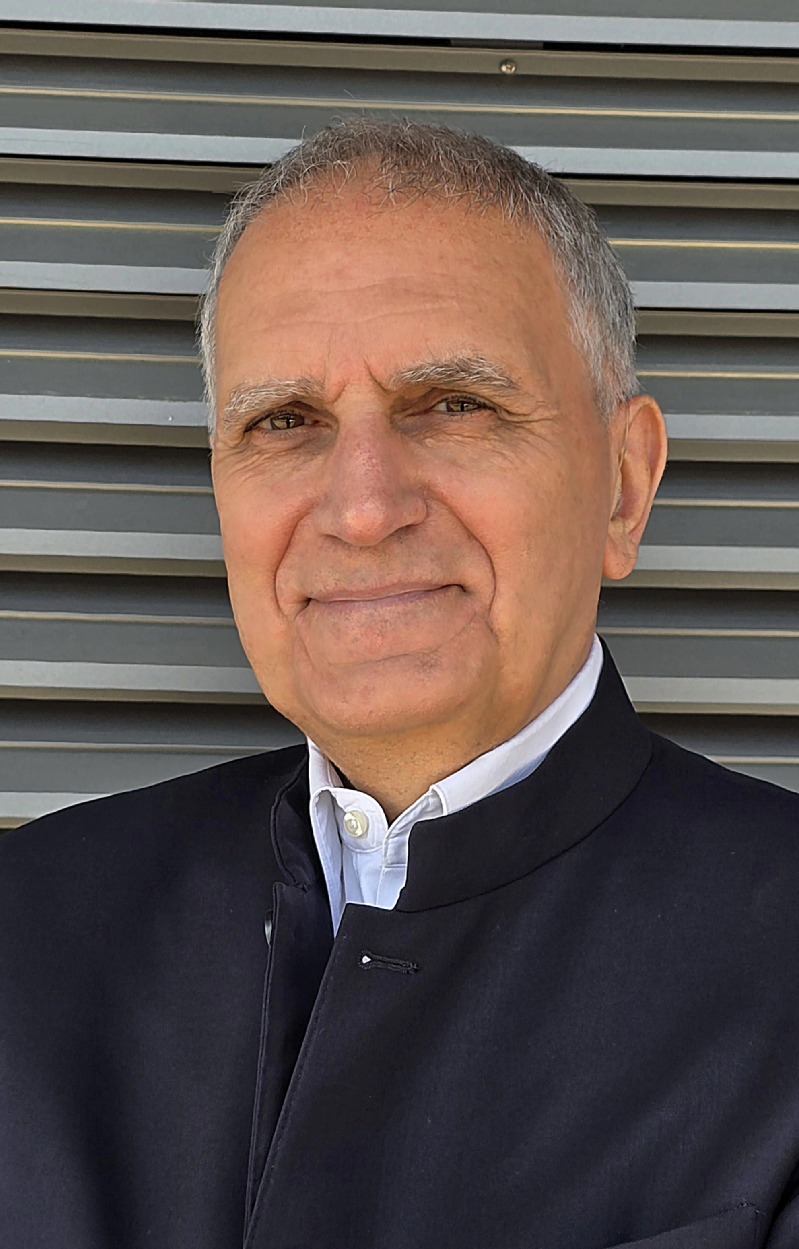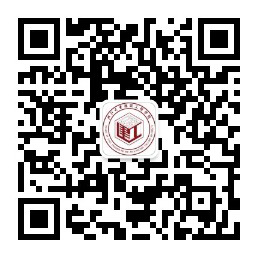时间:2024年5月24日(周五),下午14:30
地点:安中大楼多功能厅
报告题目:Integrating carbon-neutrality and spatial planning - experiences from Europe
报告简介:
Without low-carbon transitions worldwide, we will not be able to achieve urban and regional sustainability. Governments and especially city leaders are urged and challenged with initiating and organizing rapid transition processes. Spatial planning plays an important role in facilitating a carbon-neutral world.
On this background, this Anzhong Lecture looks at ways to reach urban carbon neutrality from global and local perspectives. Based on experiences from Europe, the focus of the Lecture will be on how to use spatial planning instruments in order support low-carbon transitions in cities and regions and on related challenges and opportunities.
个人简介:

Bernhard Müller
Professor Bernhard Müller is an urban and regional planner. He received his doctoral degree from the University of Mainz and completed his habilitation in Spatial Planning and Development at the Hannover University, Germany. He received an honorary doctoral degree from the Slovak Technical University in Bratislava.
From 1997 until June 2019, he was the director of the Leibniz Institute of Ecological Urban and Regional Development (IOER). Between 1993 and 2019, he was the Chair of Spatial Development at Technische Universität Dresden (TU Dresden). Since July 2019, he is a senior professor at TU Dresden, Faculty of Environmental Sciences. Since September 2023, he is a distinguished professor at the China University of Mining and Technology (CUMT), Xuzhou, China.
He is an Academician of the German Academy of Science and Engineering (acatech), and a member of the Saxon Academy of Sciences and Humanities in Leipzig (SAW), the Academy for Spatial Development in the Leibniz Association (ARL) and the Academy of Engineering Sciences of Serbia. As a member of the Policy Unit on Urban Spatial Strategies: Land Market and Segregation, he was involved in the elaboration of the New Urban Agenda of the United Nations. In 2023, he was appointed as a director of the China Intelligent Urbanization Co-Creation Center for High Density Region.



